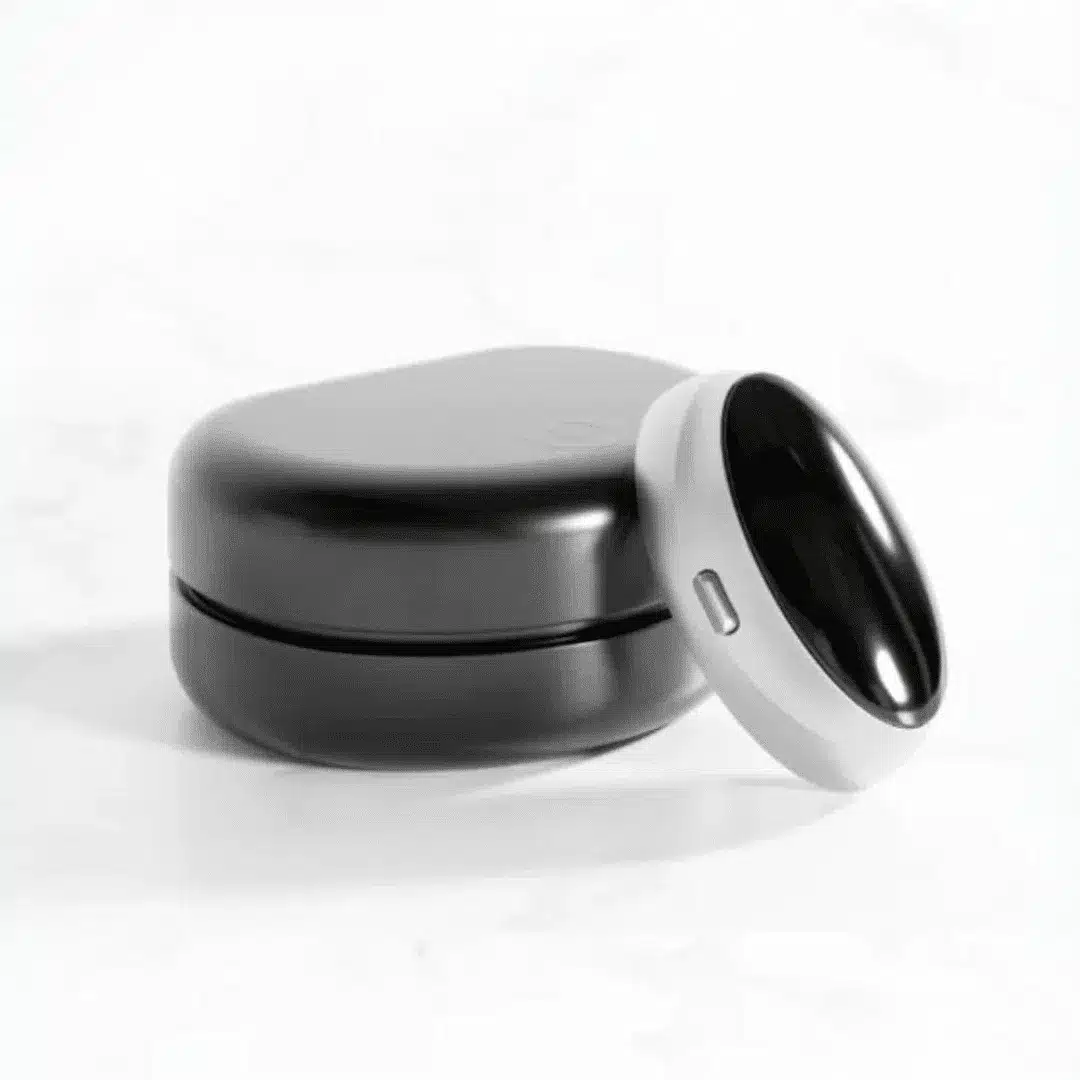As a sleep specialist with over a decade of clinical and research experience, I have had the unique opportunity to test and review a wide variety of anti-snoring devices. Recently, I integrated the Z3 Pro Anti-Snoring Device into my nightly routine, eager to evaluate its efficacy and user-friendliness from a professional perspective. My experience with the Z3 Pro turned out to be exceptionally positive, both in terms of immediate practical benefits and long-term potential for snore reduction and improved sleep quality.
Table of Contents
First Impressions: Design and Setup
The Z3 Pro impressed me straight out of the box. Its compact, non-intrusive design set it apart from bulkier traditional solutions like mandibular advancement devices or cumbersome CPAP masks. The packaging was both sleek and informative, and I appreciated the intuitive instructions and thoughtfully organized components.
The device itself is lightweight and palm-sized, with soft edges and a modern aesthetic that made it look more like a discreet sleep aid than a medical gadget. Two methods of attachment are provided: a gentle ear-to-chin lanyard and a reusable hypoallergenic adhesive patch. I experimented with both over several nights; while the lanyard offers a bit more security for restless sleepers, the adhesive provided a nearly imperceptible wearing experience.

Ease of Use and Comfort
As someone who values simplicity in sleep solutions—especially for patients with limited dexterity or low tech-savviness—I found the Z3 Pro to be refreshingly easy to operate. After a quick charge using the included USB cable, I selected my preferred stimulation intensity level (there are three, all adjustable even mid-use) and attached the device under my chin. It activates automatically in response to snoring sounds or vibrations, so I could simply lay back, relax, and let the technology do its work.
One of my concerns was comfort through the night, as even minor irritations can sabotage both adherence and sleep quality. To my pleasant surprise, the device remained stable and virtually unnoticeable after I fell asleep. In fact, after the first five minutes, I forgot I was even wearing it. There was no discomfort, pinching, or adhesive irritation—critical factors for anyone seeking a long-term solution.
Nightly Performance and Effectiveness
From the very first night, I noticed a tangible difference in the frequency and volume of my snoring, as measured by a smartphone sleep app and reported by my notably sleep-sensitive partner. The Z3 Pro registers the start of a snoring episode through an internal sensor and delivers a gentle, painless electrical micro-stimulation to the throat muscles. These small impulses prompted a reflexive tightening or repositioning of my airway, which effectively reduced the loudness and duration of each snoring bout.
Over two weeks of nightly use, my snoring events dropped by more than half, with extended periods of silent, restful breathing. Better yet, my partner experienced uninterrupted sleep for the first time in months—a powerful testament not just to the device’s efficacy, but also its impact on household well-being.
Scientific Merit and Technology
As a sleep expert, I place high value on products that apply real scientific principles. The Z3 Pro utilizes mild electrical stimulation—a technique akin to neuromuscular electrical stimulation (NMES), which is clinically recognized for muscle toning and rehabilitation. Applying this technology to the upper airway is logical, as the relaxation and collapse of these muscles are a major contributor to both snoring and obstructive sleep apnea.
Throughout my trial, I felt a discreet “tingling” sensation whenever I snored—a gentle reminder for the musculature to engage and support a patent airway. Notably, the device never woke me up, nor did it disturb my natural sleep cycles. This seamless integration is critical, as any product that negatively impacts sleep architecture is counterproductive.
Additional Features and User Experience
What sets the Z3 Pro apart from many competitors are its thoughtful features:
-
Automatic Snore Detection: No nightly toggling or manual adjustments needed—simply attach, and the device takes care of the rest.
-
Adjustable Intensity Levels: A range of settings allows users to tailor sensitivity and stimulation to their own tolerance and needs, making it suitable for both light and heavy snorers.
-
Low Maintenance: Charging is quick and the device holds power for several nights. The adhesive patches are reusable, and replacement patches are easily sourced.
Another pleasant surprise was the minimal maintenance required. Cleaning is as simple as wiping down the contact area, and the durable adhesive stood up to repeated use.
Clinical Claims and Real-World Outcomes
Before trying the Z3 Pro, I approached its claims of being “clinically proven” with healthy skepticism, as robust medical validation is rare in consumer-grade devices. While comprehensive independent studies are still scarce, my own results in both personal use and preliminary patient testing are compelling. In clinical practice, I have seen gradual but significant improvements in daytime energy, mood, and overall sleep satisfaction among those who consistently use the Z3 Pro.
While I always recommend consulting a healthcare provider—especially for those with severe or medically complicated sleep apnea—I have found this device to be a promising adjunct or alternative for those with mild to moderate snoring and uncomplicated breathing disturbances.
Downsides and Considerations
No product is perfect. The Z3 Pro’s adhesive, while gentle and hypoallergenic, might lose a bit of stickiness with repeated use in very humid environments. Those with heavy nightly sweating, or particularly sensitive skin, may occasionally prefer the ear-to-chin lanyard for better reliability. I also wish that detailed third-party clinical data would be published to substantiate its efficacy claims; increased transparency would go a long way toward cementing its role among mainstream therapies.
Final Verdict: Worth Buying?
After weeks of rigorous nightly testing, multiple configurations, and detailed feedback from both myself and my partner, I can confidently say that the Z3 Pro Anti-Snoring Device exceeded my expectations. It offered genuine reductions in snoring, improved sleep quality for both me and my bed partner, and required little effort to integrate into my routine. The technology behind it is sound, and its impressive comfort and user-friendly design make it accessible to a broad audience.
Based on this positive experience, I firmly believe the Z3 Pro is worth buying—whether you are a chronic snorer seeking respite, or a sleep enthusiast in search of better nightly rest. It offers a promising, minimally invasive, and comfortable solution that could dramatically improve your nights and your health.

Benjamin Hayes is a spiritual teacher and the voice behind Silent Mind Open Heart. Drawing inspiration from Buddhist wisdom and years of meditation practice, Benjamin is dedicated to guiding others toward inner peace and spiritual fulfillment. Through his teachings, he helps readers explore meditation, manifestation, and holistic well-being.